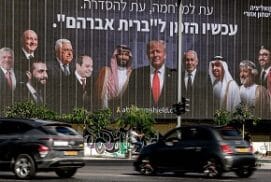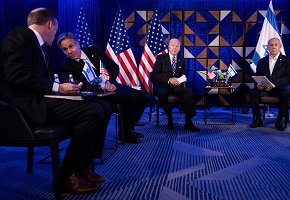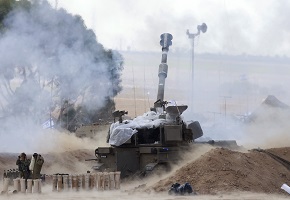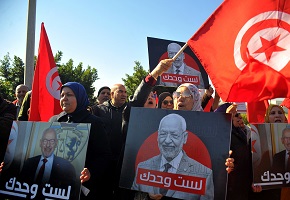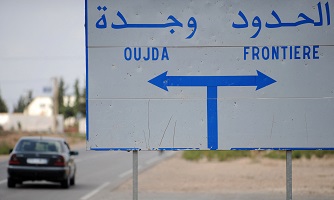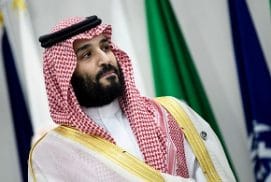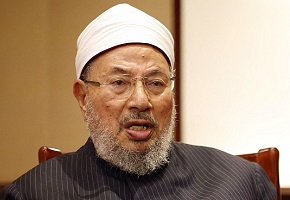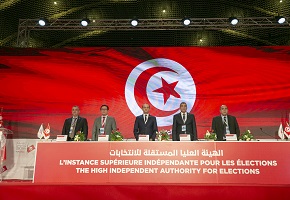Luca Marin 6 November 2025
Two years after the events of October 7, 2023, the Middle East is undergoing a profound phase of redefinition. The conflict between Israel and Hamas, rising tensions with Iran, and intensifying global competition have prompted the Gulf countries to reassess their strategic priorities. In this context, the perspective of the Gulf Cooperation Council (GCC) revolves around two central axes: the protection of their domestic transformation programs—the so-called Visions—and the safeguarding of security within an increasingly multipolar environment.



